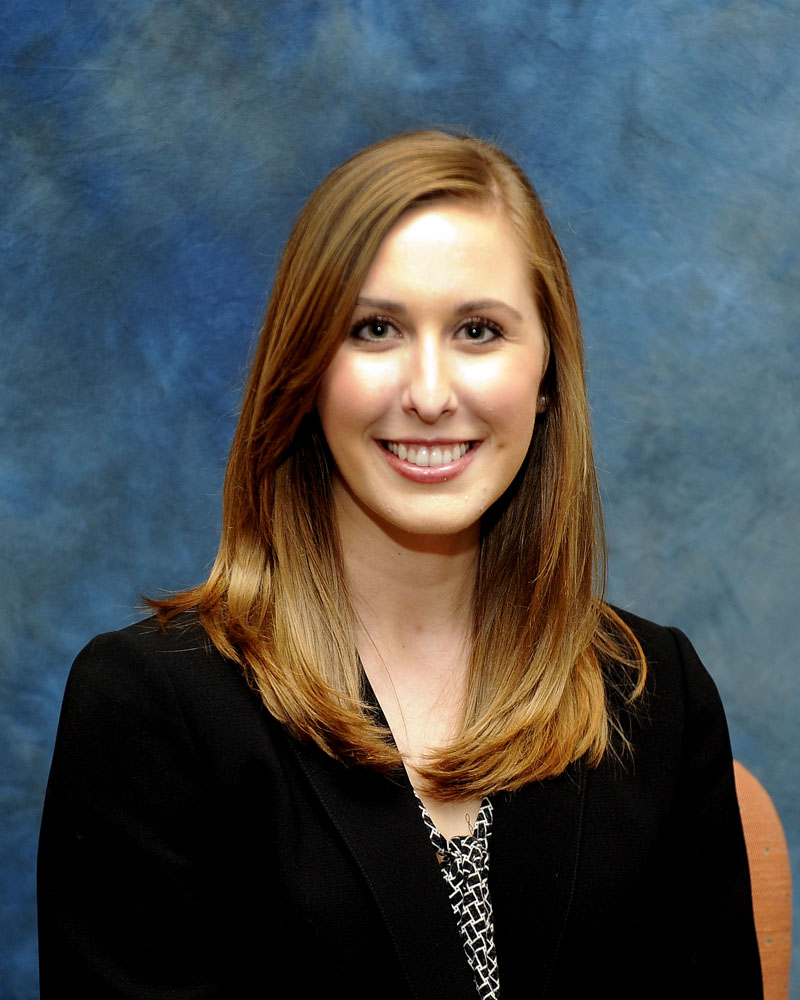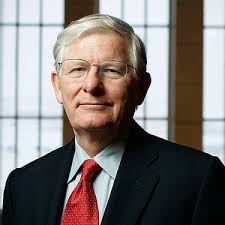Today’s post comes from Bryce Harlow alumni fellow, Sarah McDonald.
When I first applied for the Bryce Harlow Fellowship, I knew that I had a passion for  public affairs and the desire to make a difference in the advocacy world, but had not considered lobbying itself as a profession, having always worked on and enjoyed the administrative and grassroots side of advocacy. However, through the networking opportunities I engaged in as a fellow, including “People You Should Know” luncheons, the interaction with the board of the foundation, and the peer to peer relationships with the other fellows, I began not only to learn more about lobbying, but also to realize that my strengths and education would be well-suited for a career in this other, very interconnected but different, aspect of advocacy.
public affairs and the desire to make a difference in the advocacy world, but had not considered lobbying itself as a profession, having always worked on and enjoyed the administrative and grassroots side of advocacy. However, through the networking opportunities I engaged in as a fellow, including “People You Should Know” luncheons, the interaction with the board of the foundation, and the peer to peer relationships with the other fellows, I began not only to learn more about lobbying, but also to realize that my strengths and education would be well-suited for a career in this other, very interconnected but different, aspect of advocacy.
I was incredibly fortunate to be offered the Bryce Harlow Fellowship for two years, and felt comfortable setting up one-on-one meetings with my mentors and candidly expressing my plan for career growth in the influence industry. I also found that the content, organization, and scheduling of Bryce Harlow events made attendance not only possible, but a very beneficial use of the limited extra time available to working professionals who are also studying for their Masters’ degrees.
The Bryce Harlow Fellowship is invaluable to any student and professional studying and working in the advocacy field, and I am proud and grateful that I can say the fellowship has directly helped me in my career. In January of this year, I was promoted to Manager, Government Relations to be a federal lobbyist. While I know I earned this promotion through hard work and dedication, one of the first emails I sent after learning of the promotion was to thank Linda Dooley, president of the Bryce Harlow Foundation, for allowing me to be a fellow and giving me the ability to take on my new role with confidence.

